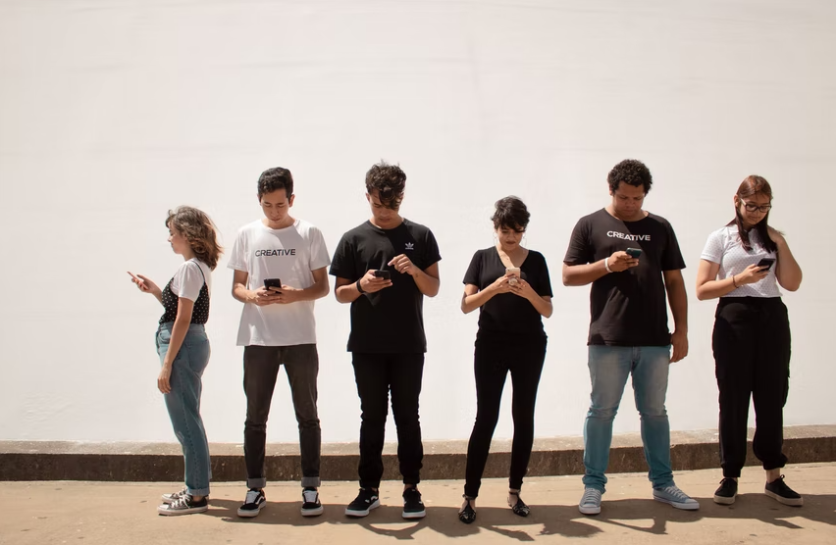
According to a new study, social media use is severely bad for the mental health of teenagers and adolescents during the years of puberty and when they are about to leave home.
The teenagers who used social media more frequently in those years scored lower on measures of life satisfaction a year later.
Social Media is Bad for Teenagers at Certain Age
Several researchers stated that social media platforms such as TikTok and Instagram are not entirely bad for all adolescents. However, they are not entirely good either.
According to the study posted on Nature, using social media has caused issues with body image among teenagers, but the impact varies.
For some teenagers, it might help them socialize and build relationships at some points in time, but for others, at other times, social media might affect their self-esteem.
The challenge has been figuring out which teenagers are at risk and when they are at risk so that experts can create strategies to help them, according to The Verge.
Study author Amy Orben, a psychologist who heads the Digital Mental Health program at the University of Cambridge, said that adolescence is a time of massive cognitive, social, and biological change.
Orben added that the changes interface with social media in interesting ways. There is probably a huge amount of variability between how different people use social media and how their life influences their use.
Orben said it is a particular challenge because any impact of social media on mental health is small.
Predicting mental health will always be in small impact because mental health and well-being are very complex. Anyone's behavior will only be a small part of the big picture.
How the Social Media Study Was Conducted
Orben and her team first looked at a survey of more than 72,000 people from ages 10 to 80 in the United Kingdom.
They were surveyed up to seven times each between 2011 to 2018, and they were asked a series of questions that included their life satisfaction and the amount of time that they estimated they spend online every day.
Narrowing in on adolescents, the researchers found that both very low and very high social media use was connected with lower life satisfaction for people between the ages of 16 to 21.
In the group of people between ages 10 to 15, there wasn't much difference in life satisfaction between children reporting low and high social media use. But in that particular group, girls with high social media use had lower life satisfaction compared to boys.
The team also examined data from a survey that was given to more than 17,000 participants ages 10 to 21, identifying separate windows for boys and girls in their early teens where higher social media use was connected with lower life satisfaction a year later, 14 to 15 for boys and 11 to 13 for girls, according to New York Times.
The relationship showed up for both boys and girls at age 19. The windows seem to map to the beginning of puberty for both girls and boys and a major social transition. Many young adults in the United Kingdom leave home at 19 years old.
Other types of research could help figure out the reasons for the windows. Compared with these data sets, studies looking at things like sensitivity to social rejection r impulse control could help the public understand why children at certain ages might have worse experiences after using social media.
In 2019, a study showed that spending three hours a day on social media platforms may lead to higher mental health issues.
Related Article: 5 Ways Social Media Benefits a Person's Mental Health
This article is owned by Tech Times
Written by Sophie Webster




